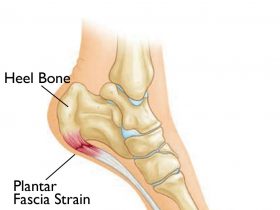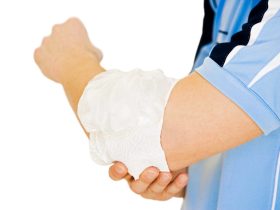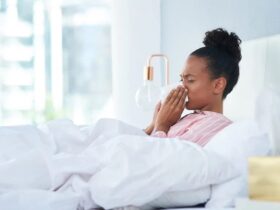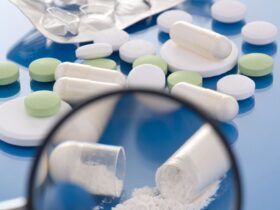Testosterone therapy is divisive among males, and much more so among women. Prescriptions for testosterone are becoming more widespread, despite the lack of long-term outcome evidence. Improved libido, enhanced bone mass, and a greater sense of well-being are all potential benefits. Even in patients with normal testosterone levels, testosterone has been found to boost mood and energy levels in people with human immunodeficiency virus infection or other chronic conditions.
Testosterone can be given as an injection, a patch, a topical gel, a pill, or a surgical implant. Polycythemia and acne are two common side effects in men. Acne, hepatotoxicity, and virilization are common side effects in women when testosterone is administered in supraphysiologic dosages. Long-term studies of testosterone’s impact on prostate cancer, breast cancer, and heart disease are still being conducted. Get more info about best testosterone booster here on our website.
Dysfunction of the sex organ
Reduced sex drive or erectile dysfunction are common complaints among men with low testosterone levels. Men with low total testosterone levels who experience these symptoms should be treated with testosterone gel, transdermal patch, or intramuscular injection. In hypogonadal men, studies have indicated an improvement in libido and sexual performance regardless of the method of administration. Other modest, short-term studies of male sexual function, including some involving men with normal testosterone levels, have yielded inconsistent results. The best way of delivery has yet to be discovered.
Muscle Strength, Bone Density, and Body Composition
As testosterone levels drop, hypogonadal men’s bone mineral density drops, potentially increasing the risk of fractures. Total testosterone levels are less linked with density changes than bioavailable testosterone and estrogen levels. Testosterone replacement therapy may slow bone loss and increase bone density; nevertheless, several studies have had mixed findings, and none have proved that testosterone therapy reduces fracture rates. In healthy men, testosterone treatment routinely increases lean body mass; nevertheless, muscle strength does not rise appreciably.
Depression, Mood, Cognition, and Well-Being
Although the indications for testosterone use in cognitive and psychological impairment are yet unknown, investigations of healthy older men with testosterone shortage have shown intriguing outcomes. With testosterone replacement, neuropsychological testing has demonstrated increases in spatial cognition and spatial and verbal memory. Hypogonadal men have not been shown to have any good benefits on mood or depression. Two non-placebo controlled trials have shown increases in quality of life.
Disease Of The Prostate
Testosterone is thought to promote prostate cancer and benign prostatic hypertrophy. Because both illnesses are treated with androgen suppression, the likelihood that testosterone supplementation will raise the risk of these conditions is a major issue. Increased prostate volume has been linked to testosterone therapy, though not always to high-normal levels.
During testosterone treatment, no indications or symptoms of benign prostatic enlargement have been observed in multiple trials. In short-term trials, there is no clear evidence that testosterone replacement therapy increases the risk of prostate cancer, as determined by prostate-specific antigen levels. Long-term investigations must be done before a final decision may be made. For the best testosterone booster click here.










